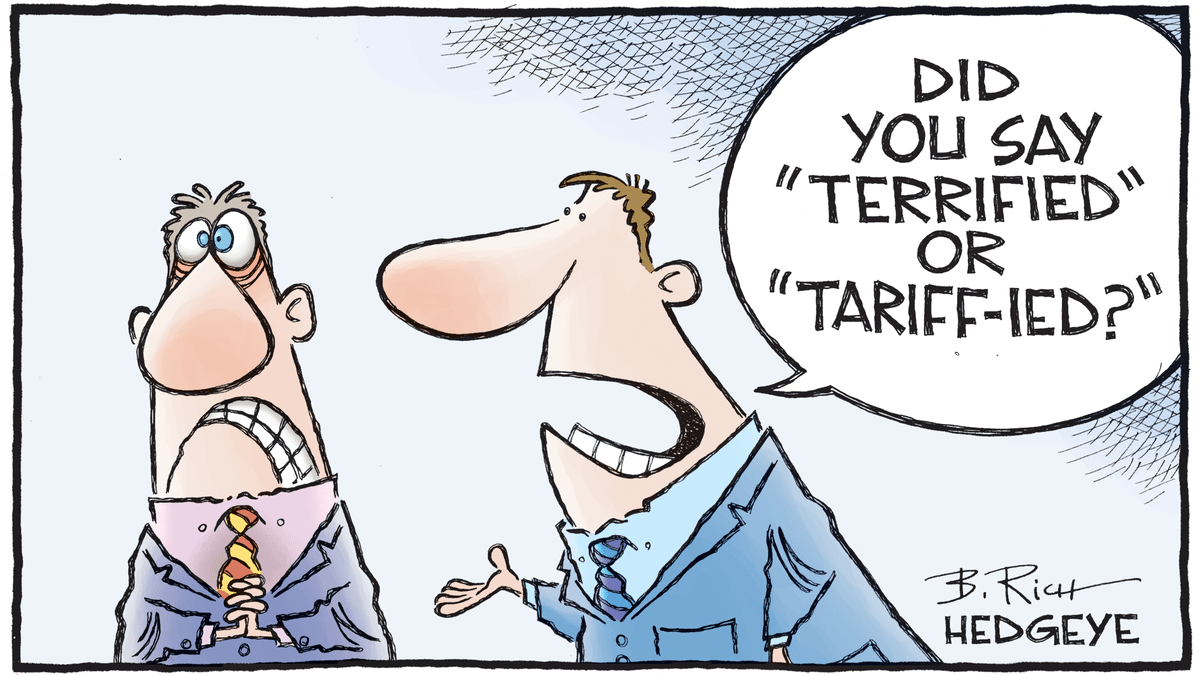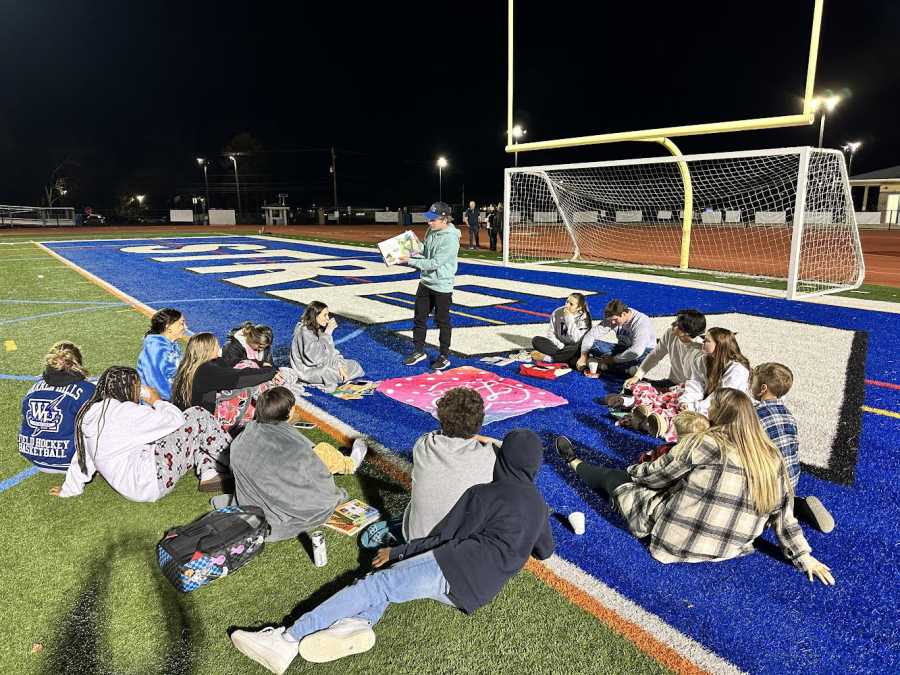Sexual activity, sexuality, inappropriate language, and drug and alcohol abuse are topics that teens deal with around the world and yet the most common reasons as to why high school administrations and boards are removing books from high school libraries.
For decades school districts have been banning books; however, the type of books being banned has changed throughout the years depending on the character of the community and what they felt was appropriate.
Currently in New Jersey, a process is put in place where someone that has a vested interest in the school such as a student or student’s guardian can object to books that students have access to in school libraries. This process can take about two weeks and most school administrators try to accommodate the request quickly.
For a book to be banned, a person with vested interest in the school must meet with the principal. The superintendent then has to convene with the superintendent, principal, members of the board, librarian, teacher, and a community member. The committee meets and looks at the objectionable text, as well as the whole book.
Afterwards, they make a recommendation to the Board of Education about whether or not the book should be pulled from the shelves and the Board of Education takes a vote on the matter.
As of December 9, 2024 the governor of New Jersey, Phil Murphy, signed the Freedom to Read Act, which prevents the arbitrary banning of books. It also protects the rights of students, parents, and communities to age-appropriate learning materials at schools and public libraries.
Joined by advocates for intellectual freedom and bill’s legislative supporters, Governor Murphy signed the bill at the Princeton Public Library.
The FtRA provides protection for library staff against civil and criminal lawsuits related to complying with this law. Under this law, the board of education and governing boards of public libraries cannot remove books because of the origin, background, or views of the material or its author such as sexuality or race.
It also prevents boards of education and governing boards of libraries from censoring library material based on disagreement with a viewpoint, idea, or concept because an individual finds certain content offensive.
“Our libraries are a sacred community resource, not a place of censorship,” said Assembly Speaker Craig J. Coughlin at the signing.
However, the bill permits restriction if the material is “developmentally inappropriate”. This means that the school boards can restrict a book if the content of the material is inappropriate for highschool students and how they grow in school.
As of January 2025, the FtRA is said to take effect in a year. Until then, state librarians and education commissioners are authorized to start implementing the law.
New Jersey Prohibits Book Bans
Mackenzie Dunn, Outside Our Halls
March 28, 2025
The Freedom to Read Act protects librarians from complying to a citizen objecting a book.
More to Discover











